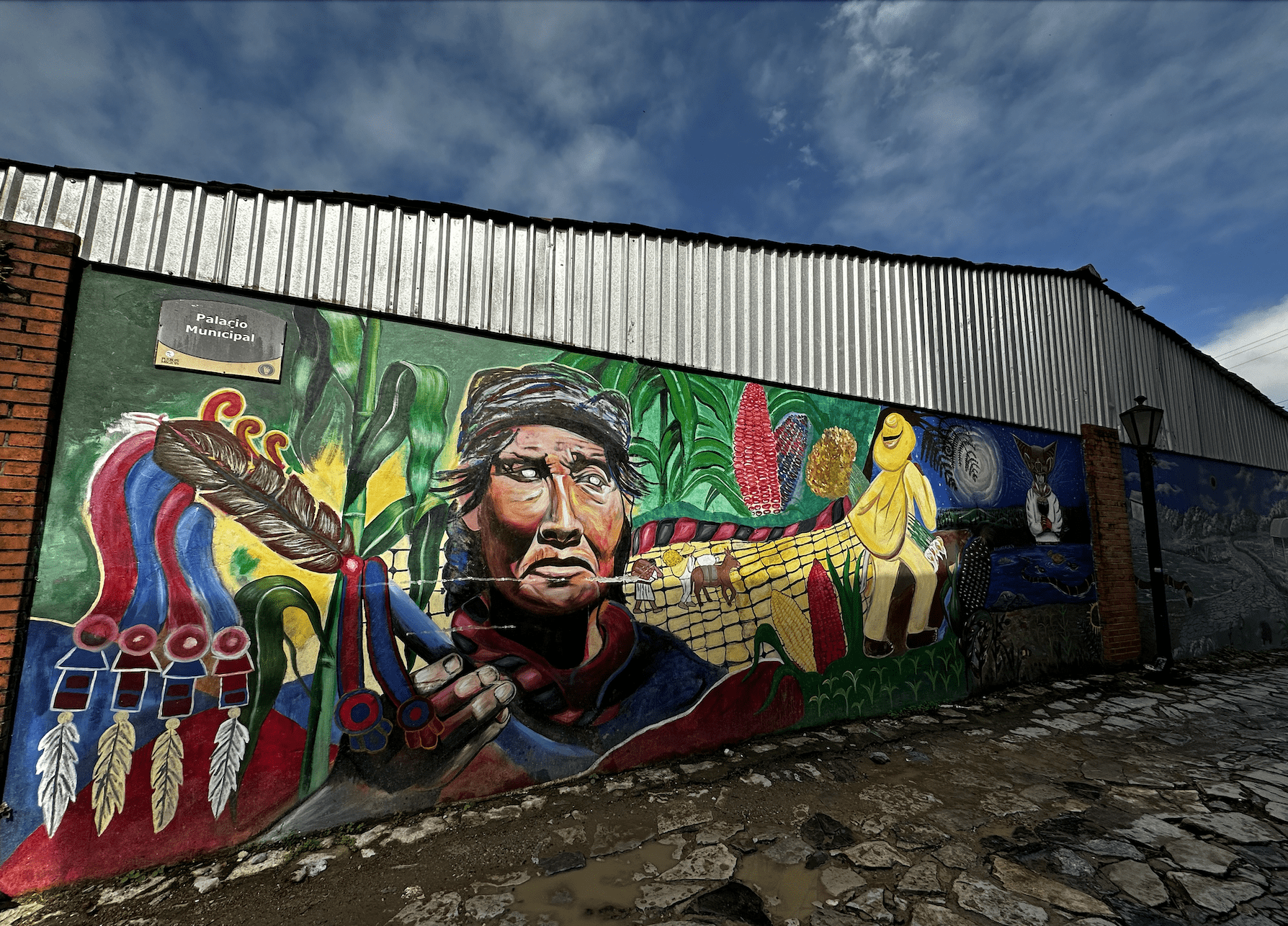
Current Issue
Indigenous Voices: Heritage, Challenges, Rights
Spring/Summer 2023 | Volume XXII, Number 3
Cover image by Eliel Sánchez
Table of Contents
Editor’s Letter →
by June Carolyn Erlick
Heritage
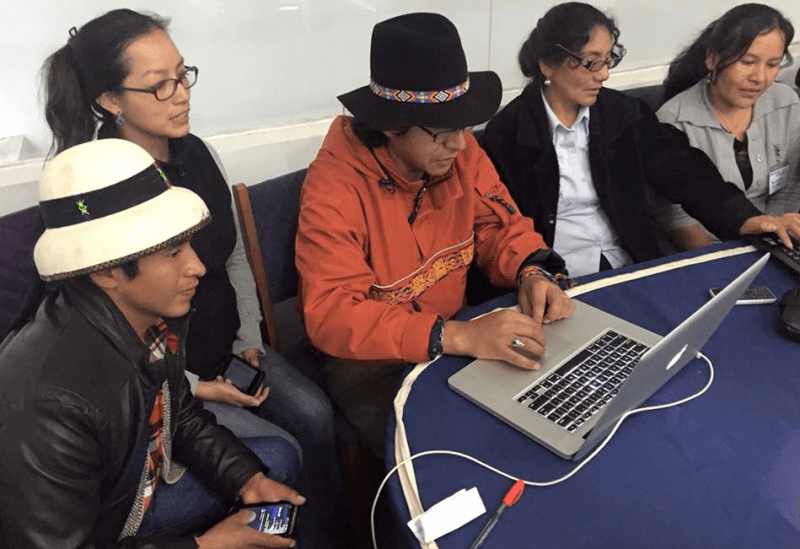
Quechuactivism in Social Media: Digital Content and Indigenous Language Awareness
English + Español
It’s a sunny Saturday in the small mountain town of Ocongate, Cusco in the Peruvian Andes, towering 3,533 meters (11,591 feet) above sea level. People from nearby rural communities arrive to sell and buy goods, ranging from quinoa to construction bricks.
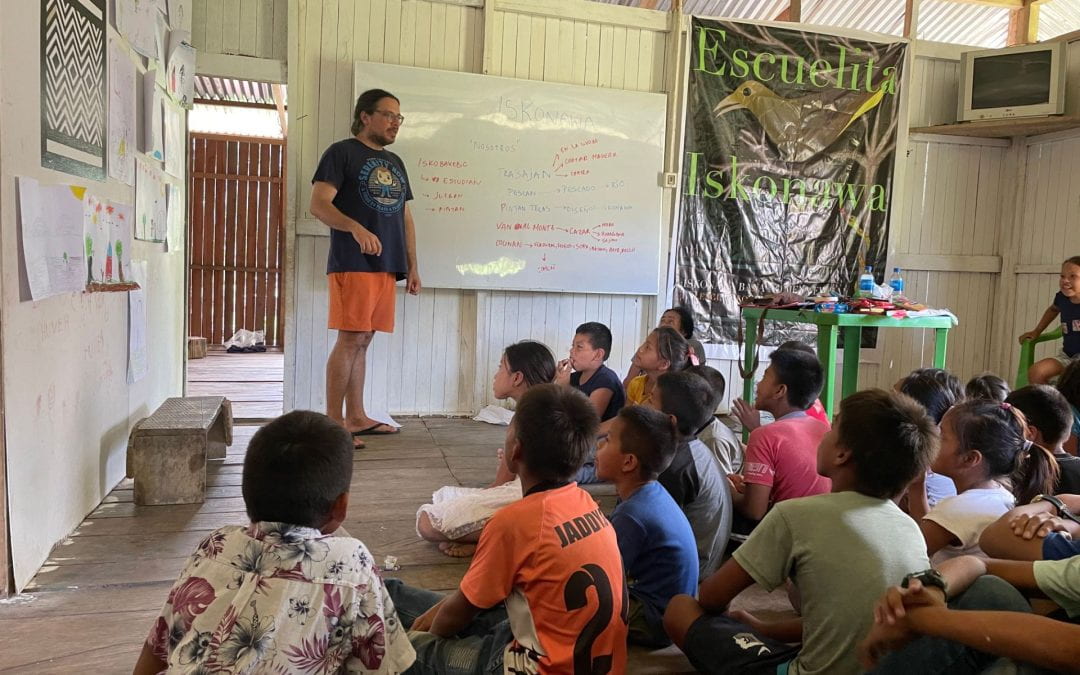
Blossoming Words
English + Español
Nawa Nika, or Nelita Rodríguez Campos (as she’s known in Spanish), gets up every morning very early to light the kitchen fire. Some fireflies still leave halos of light on the horizon and the stars are beginning to fade into morning.
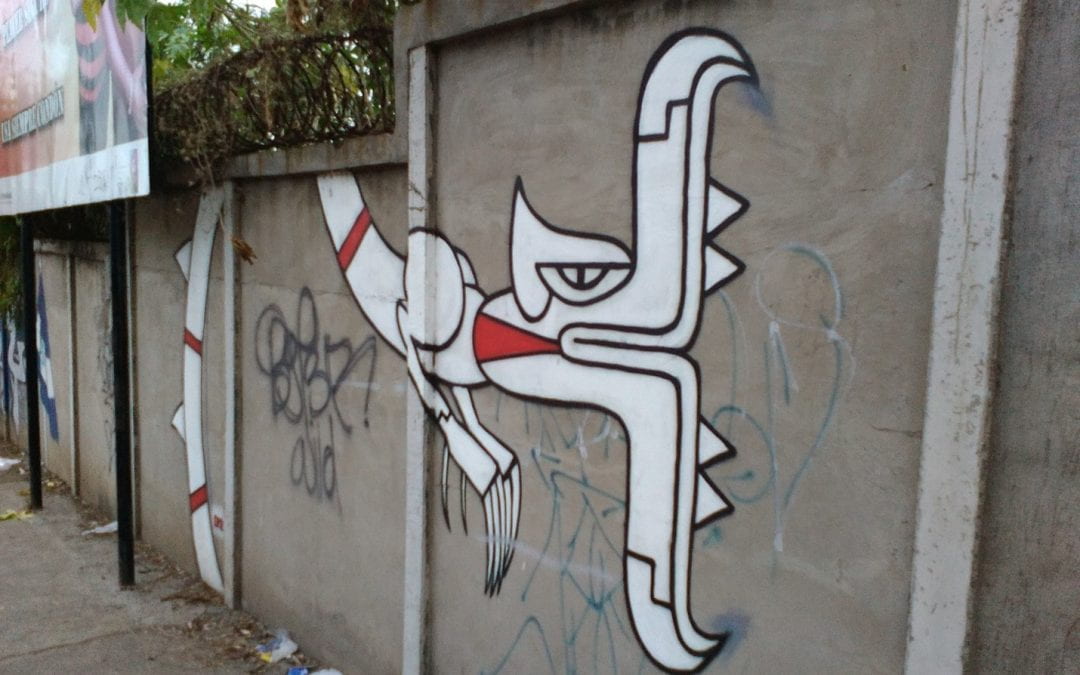
Fruit and Axes of Gold: Consuming Indigenous Heritages in Nicaragua
Around the time I was born, the Oglala Lakota activist—at the time—associated with the American Indian Movement (AIM), Russell Means, visited Nicaragua and met with Indigenous peoples who had sided with the contras against the leftist Sandinista government.
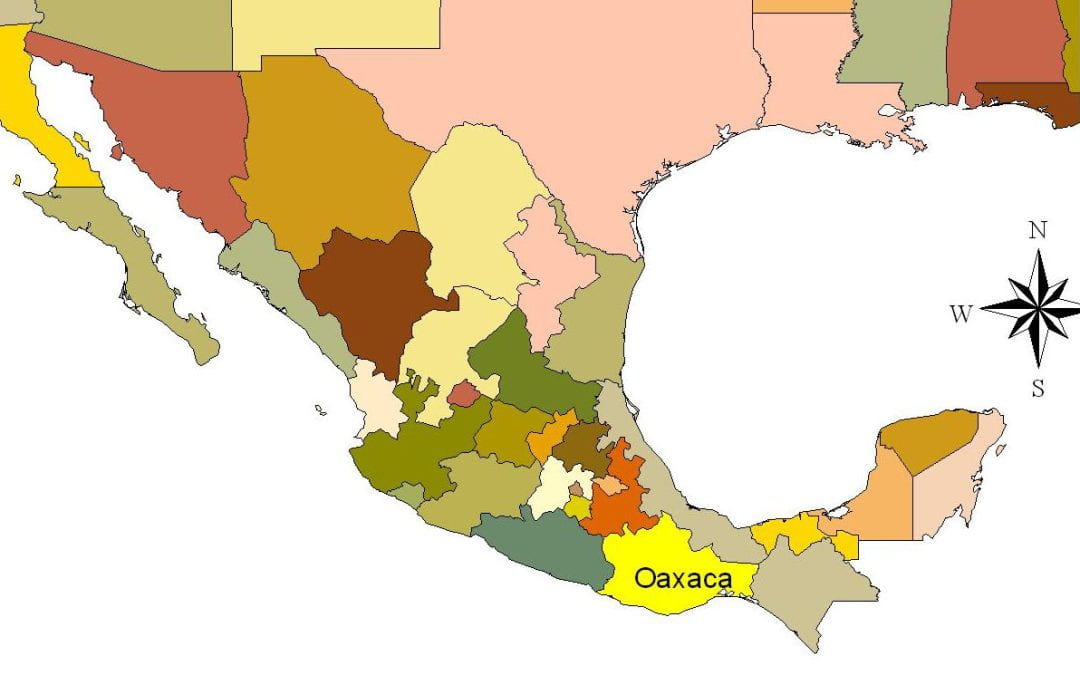
Self-translating Dizhsa: Zapotec literature – by who and for who?
English + Español
In my experience as a Zapotec writer, translator, speaker and activist in the Zapotec diasporic context, I have been working to write and maintain my Indigenous language in the United States.

Quechua Writing Without Crutches: Ten Years Under Siege
English + Español
Runasimi is my mother tongue. My infant babbling and discovery of words were made in that language, also known as Quechua.
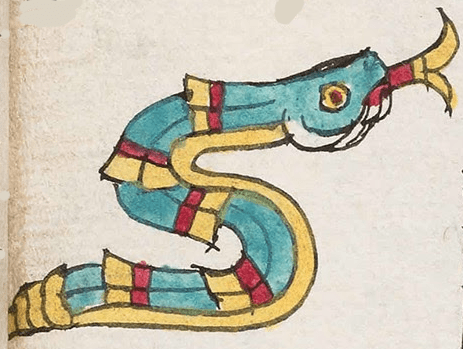
Who Gives Us Our Names? COATL: Seeds of Solidarity and Resistance
I burst into laughter when someone suggested calling our new student organization “Children of the Corn.” My mind snapped to the horrifying slasher films based on Stephen King’s short stories.

A Tribute to Language and Love
Right now, some days ago, five hundred years ago, three hundred years ago, fifty years ago, thirty years ago, ten years ago, some days ago, Indigenous people have been killed.
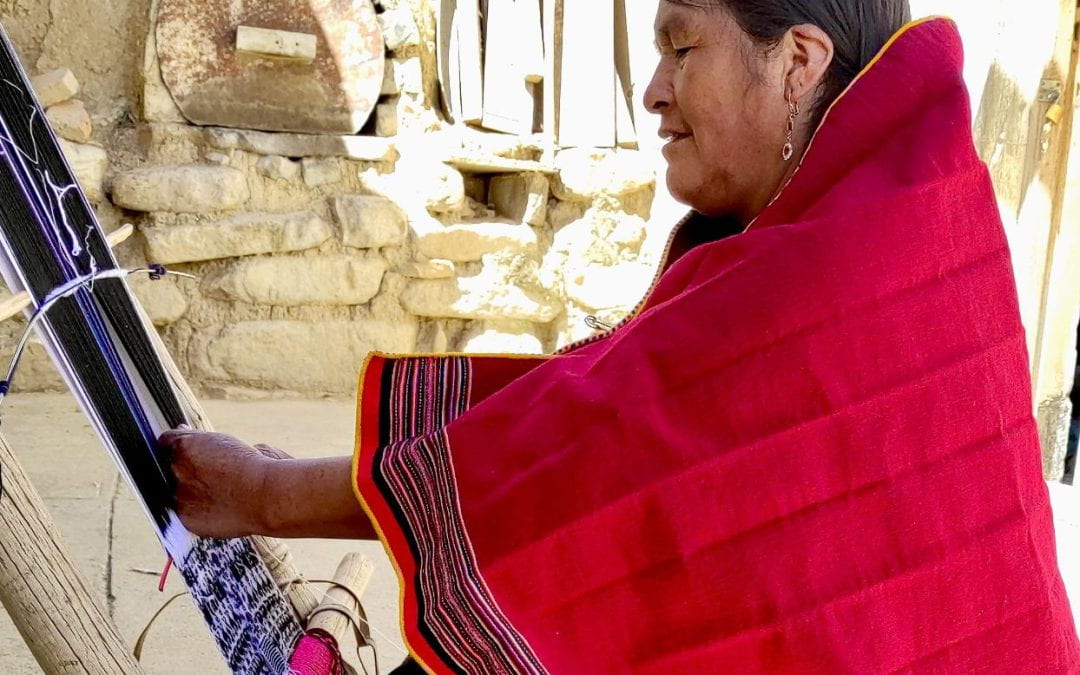
The Importance of Weaving: From Generation to Generation
English + Español
My family in Bolivia keeps the weaving tradition alive. We are Quechua speakers from a community called Candelaria in the state of Chuquisaca.
Challenges
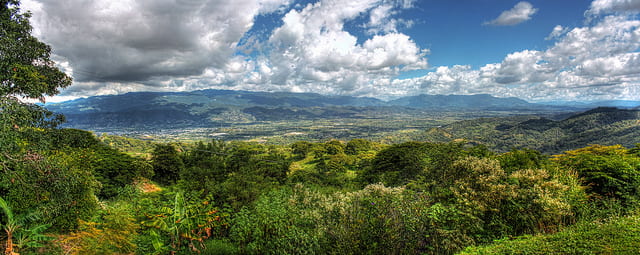
The Health of Indigenous Populations in Mexico: Disencounters
English + Español
In the year 2000, we participated with Médecins Sans Frontières (MSF) in a medical-humanitarian project in impoverished indigenous communities in San Juan Cancuc, in the region of Los Altos de Chiapas.
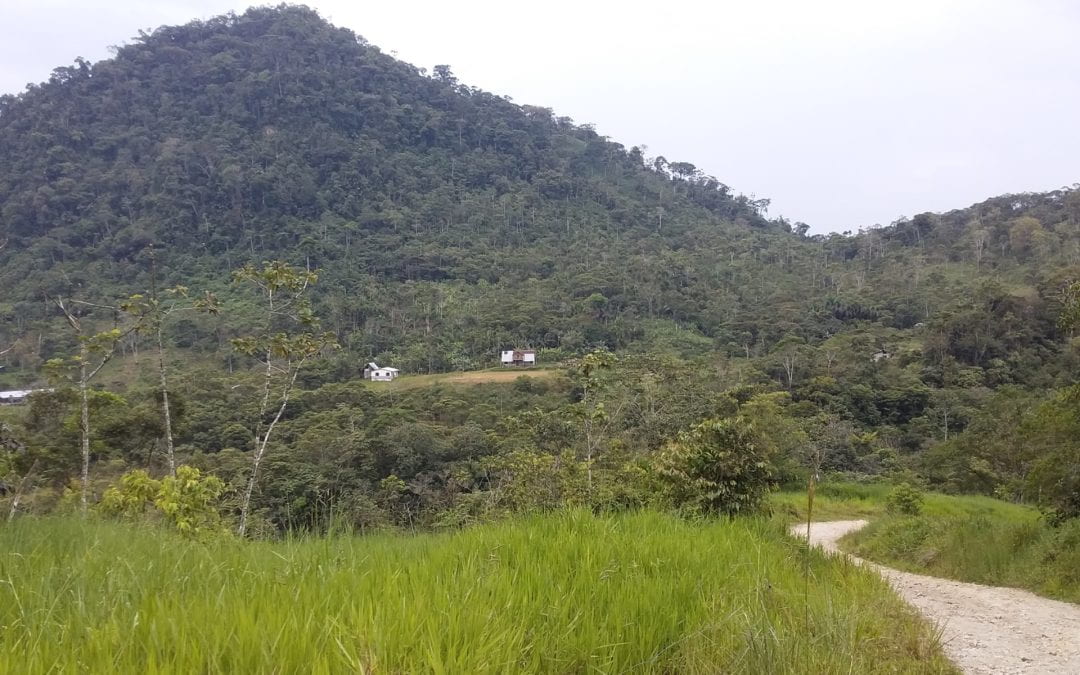
Territory of the Shuar People
English + Español
Karakras, my father, was born in 1920 in the Yunkuankas sector, now called Limón Indanza canton of Morona Santiago province, in Ecuador.
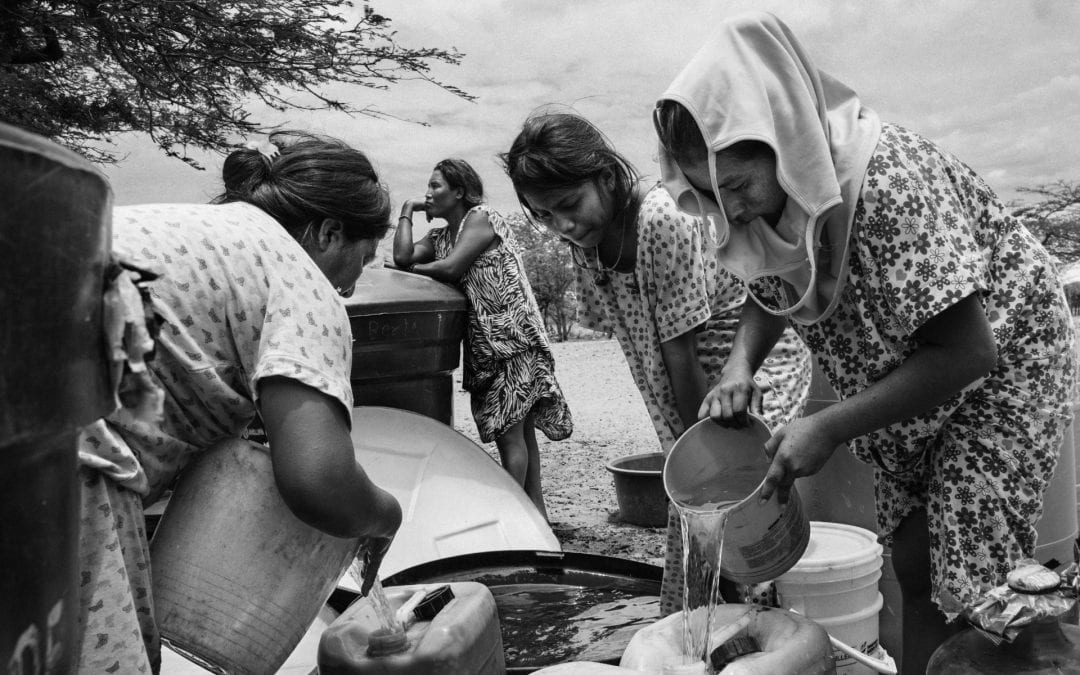
Traditional Transgressors: Wayúu Women’s Fight against Coal Extraction
English + Español
Wayúu women stand out in any room, meeting or negotiating table for their unflinching tone and the dazzling embellishments of their tunics.
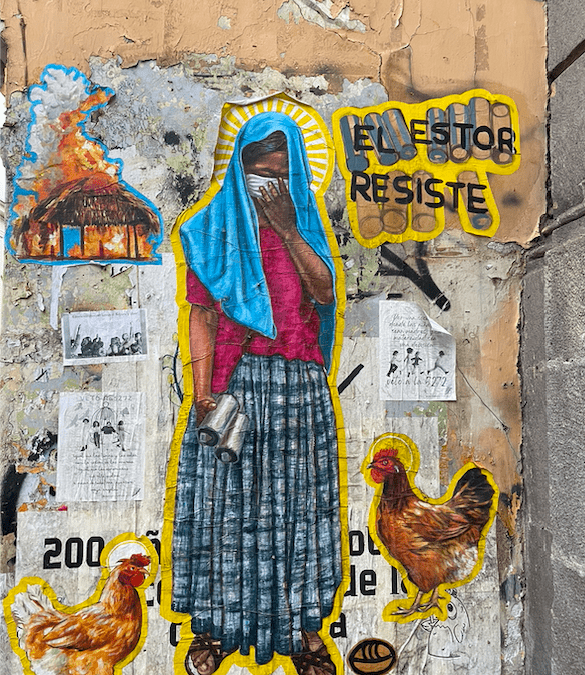
Extractive Industries in Guatemala: Historic Maya Resistance Movements
Guatemala is at a crucial political juncture that is witnessing the use of political terror by the Pact of the Corrupt, an alliance between government officials, military, business interests and elites.
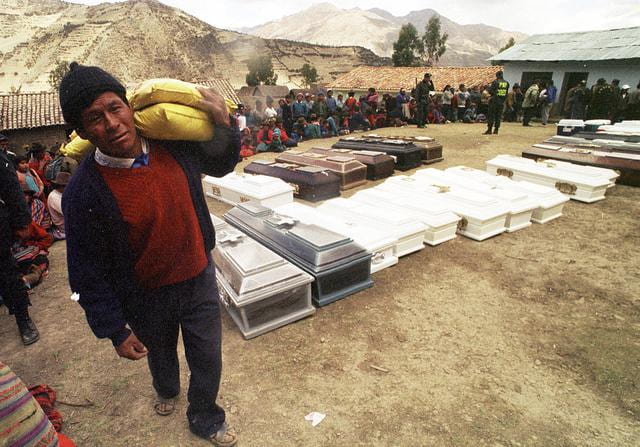
The Tragedy of Tauccamarca: Neocolonialism’s Negative Impacts in Peru
The vision of 24 small coffins scattered in Tauccamarca’s main square still cause me pain even today.
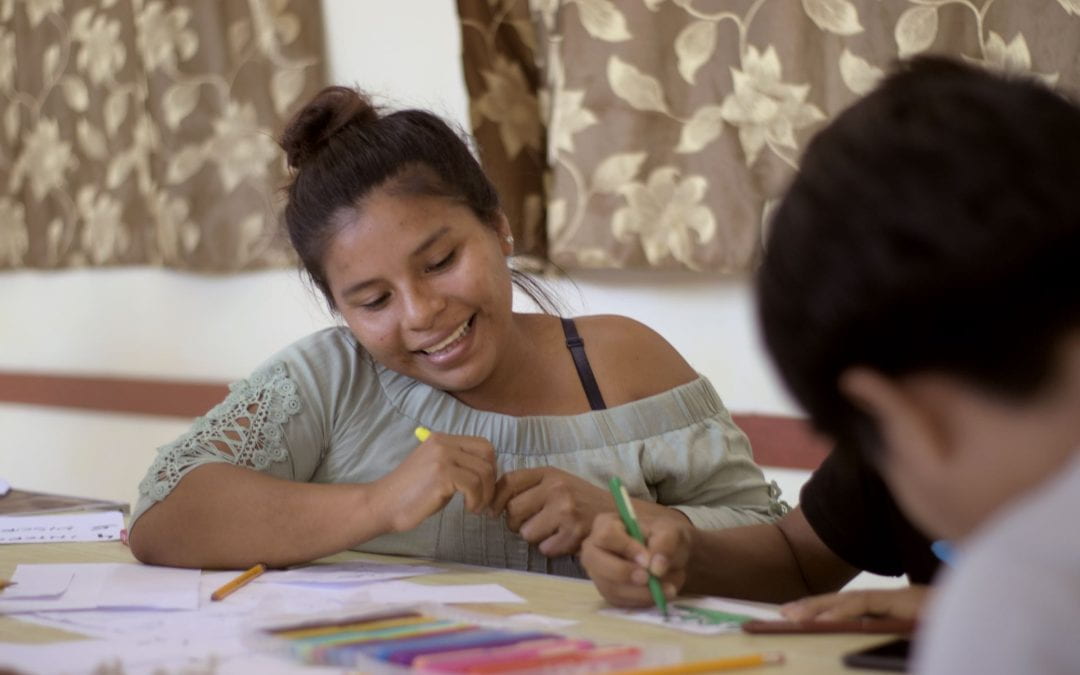
Indigenous youth in Higher Education in Latin America: A Quest for Equity and Interculturality
Percy was one the best students in his secondary school at a Yagua Indigenous community in Peru. He told me that with pride. Nevertheless, the first year of university was a real shock for him.
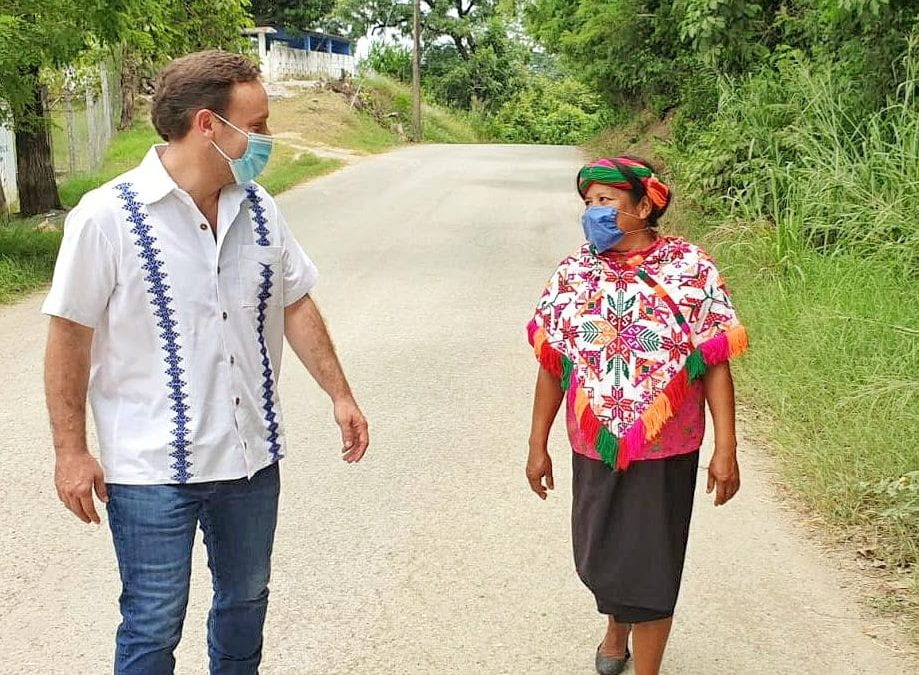
Corruption Devastates Indigenous Families: The Human Face of Paying Bribes
English + Español
Three years ago, I met Felipe Reyes and Maricela Hernández, a married couple who lived in one of the municipalities with one of the largest indigenous populations and Mexico’s highest poverty rates.
Rights
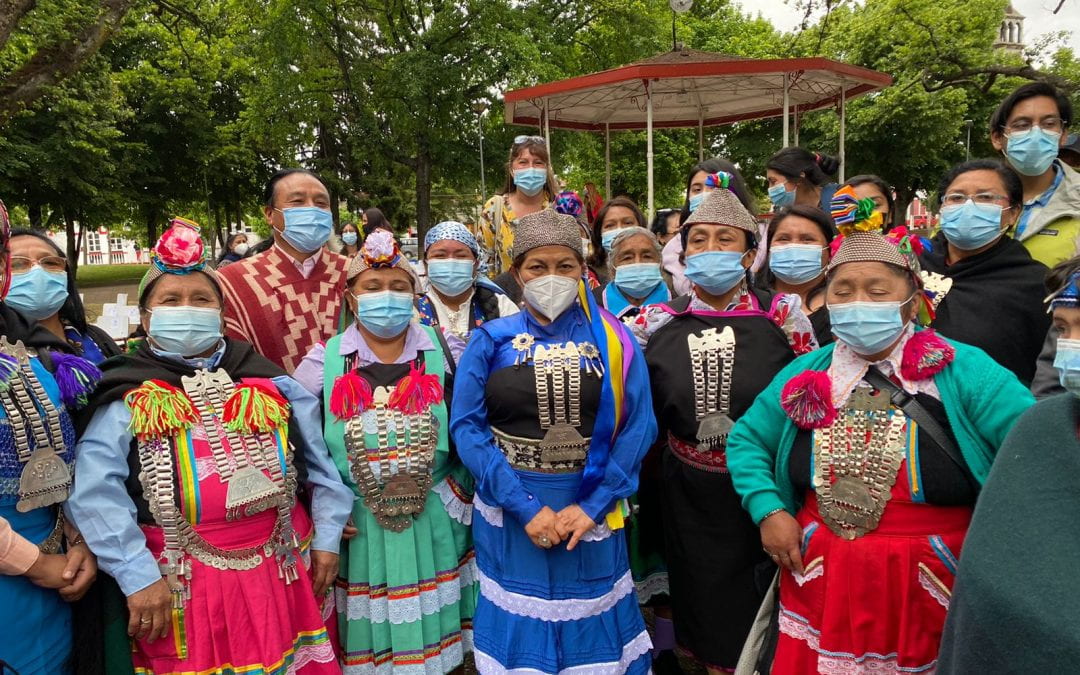
The Mapuche Struggle for the Recognition of its Nation From a Feminine and Decolonizing Point of View
As President of Chile’s recent Constitutional Convention, I and my fellow delegates aimed to present an inclusive, democratic constituent process written by the Chilean people, and defining Chile as a social and democratic state of law: plurinational, intercultural, regional and ecological.
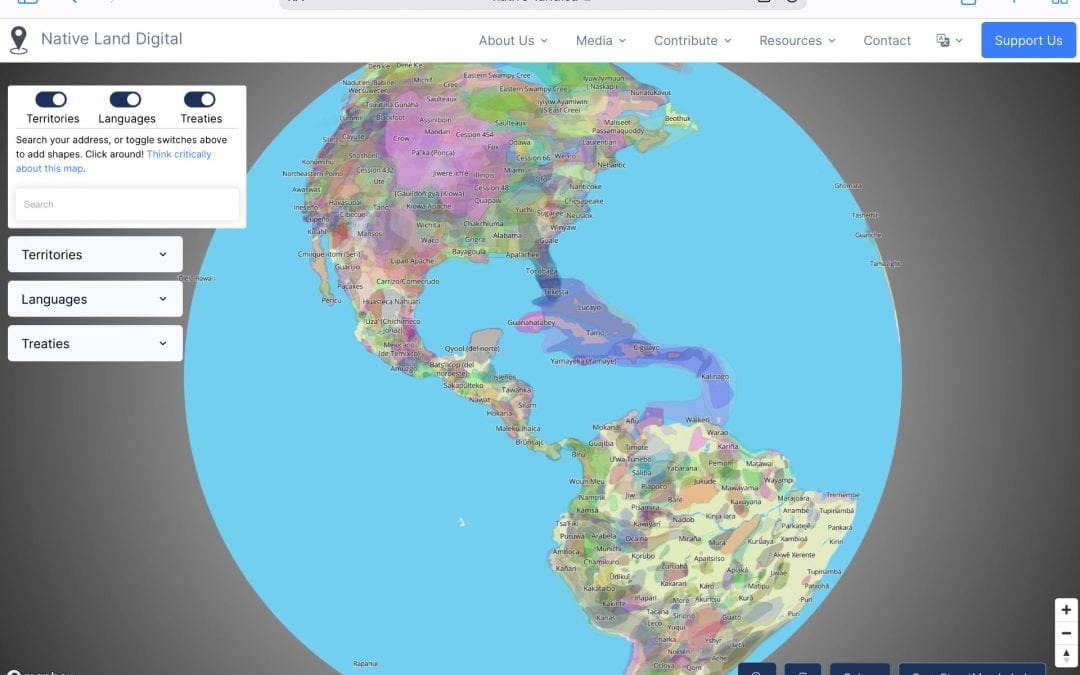
Invisible No More: Abiayala and Indigenous Liberation
English + Español
I’ve been thinking a lot these days about what it means for an Indigenous person to navigate a colonial world.

Food Sovereignty and Indigenous World-Building: Cultivando Comunidad
We often think of food sovereignty as a response to not having enough food to eat. However, throughout Latin America (Abya Yala) and the Caribbean, people do not have enough food because they have been dispossessed from their territories, not because the land cannot produce.

When Healthcare is Part of the Village
English + Português
In January 2023, the Brazilian Minister of Health — faced with a regional scenario of malnutrition and a lack of medical assistance — declared a state of emergency on Yanomami lands.

Indigenous Human Rights: The Crossroads of Advocacy Work from a Multiculturalist Approach
English + Español
I was born into a family of human rights advocates in Mexico. From an early age, I became familiar with advocacy work with Indigenous communities firsthand.
Book Reviews
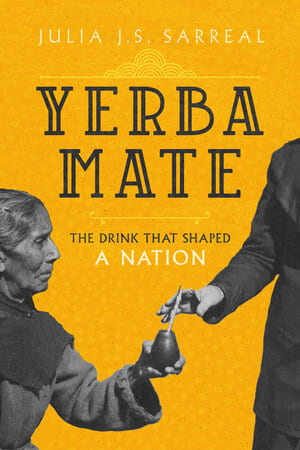
A Review of Yerba Mate: The Drink that Shaped a Nation
On any given day, millions of South Americans—in the subcontinent and around the world—would engage in the same ritual. We heat water (making sure it doesn’t boil), prepare the mate, and sip, sip and sip. But where does that green, earthy, addictive, and for many outside South America exotic, drink comes from?
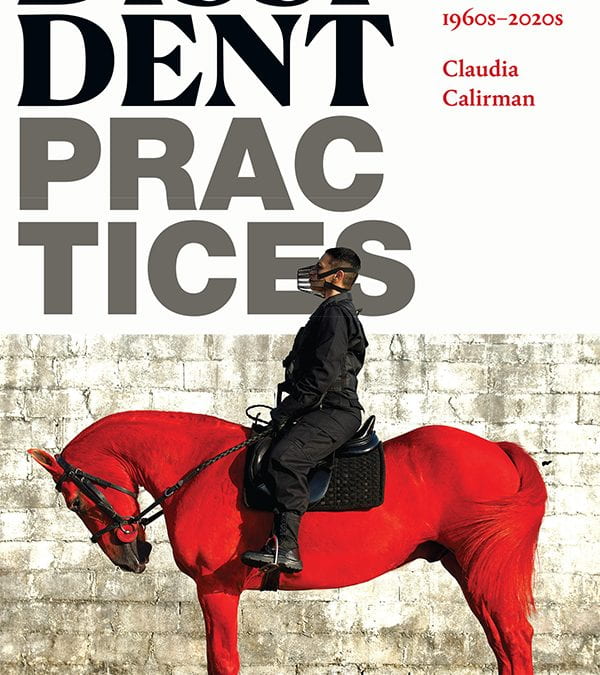
A Review of Dissident Practices: Brazilian Women Artists, 1960s-2020s
I traveled to Los Angeles from my home in Chicago in the autumn of 2017 to experience the massive, Getty-sponsored Pacific Standard Time: LA/LA initiative, which mounted some 70 exhibitions of Latin American and Latinx art at cultural institutions across southern California.
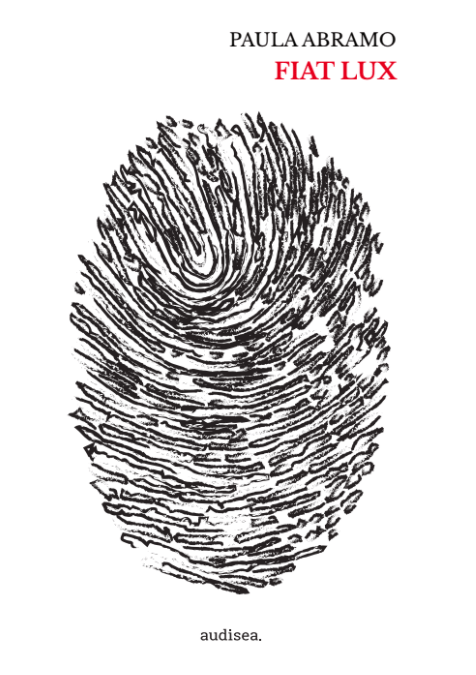
A Review of Fiat Lux
Paula Abramo’s Fiat Lux is a new bilingual edition of one of the most interesting poetry collections in contemporary Mexico.

A Review of The Globalization Myth: Why Regions Matter
Almost twenty years ago, Thomas Friedman claimed that globalization had made the world flat. From Shannon O’Neil’s point of view, the topography is a bit more rugged.

A Review of Escape a los Andes
In Escape a los Andes, journalists Raúl Peñaranda and Robert Brockmann seek to reconstruct the efforts by Mauricio Hochschild, better known as Bolivia’s tin baron, to facilitate the massive entry of Jewish refugees escaping from the Nazi racial policies of the 1930’s.

A Review of Indigenous Language Politics in the Schoolroom: Cultural Survival in Mexico and the United States
In Indigenous Language Politics in the Schoolroom, political scientist Mneesha Gellman aims to show how access to Zapotec and Yurok language classes encourages youth resistance to culturecide—defined as the killing of Indigenous culture.

A Review of Textures of Terror: The Murder of Claudina Isabel Velásquez and Her Father’s Quest for Justice
When I saw Claudina Isabel’s face on the cover of Victoria Sanford’s new book Textures of Terror, I held it in my hands for a long time.
